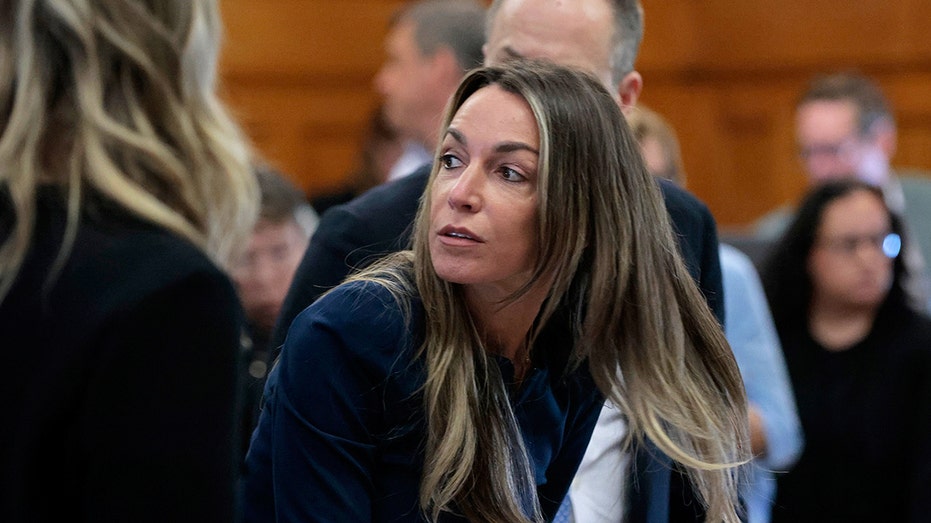Karen Read Sells Home and Taps Retirement Fund to Cover Mounting Legal Expenses in Murder Retrial
In a rare move, Karen Read seeks $5 million via crowdfunding to fund her second murder trial, shedding light on the staggering costs of high-profile legal battles.

As Karen Read’s high-profile murder trial reaches its halfway point, an unexpected lifeline has emerged to help stave off looming legal debts: online crowdfunding. With legal expenses already surpassing $5 million—a figure poised to climb as new attorneys join her defense—Read’s future both in and out of the courtroom appears to hang in the balance.
Read, who has consistently proclaimed her innocence, faces the possibility of life imprisonment for the alleged murder of her boyfriend, Boston police officer John O’Keefe. Prosecutors claim Read struck O’Keefe with her vehicle following a drunken dispute, leaving him exposed in freezing conditions outside another police officer’s home on January 29, 2022. The gravity of the accusations has left Read struggling to not only clear her name but also foot the mounting bills associated with her defense.
After a mistrial was declared last year due to a hung jury, the cost of relitigating the complex case quickly snowballed. Read, once a successful finance professor and equities analyst, has since sold her Mansfield residence for $810,000 and tapped into her retirement funds to stay afloat financially. The addition of attorneys Robert Alessi and Victoria George to her existing legal team has further increased her expenses, contributing to the overall financial strain.
In an attempt to ease the burden, supporters have launched multiple crowdfunding campaigns and merchandise sales, rallying behind the “Justice for Karen Read” movement. A legal defense fund managed by Werksman Jackson & Quinn LLP is rapidly approaching $1 million in donations, while the Free Karen Read Movement markets apparel and organizes fundraisers to bolster support. Recently, a ticketed dinner event featuring a live DJ, raffle, and cash bar drew additional contributions, underscoring the community’s growing engagement.
This groundswell of financial assistance mirrors efforts seen in other high-profile trials, where legal fees often soar into seven-figure territory. Yet, some legal experts caution that third-party funding can complicate matters behind the scenes. “A third-party funding source is both a blessing and a curse,” noted a criminal defense attorney, highlighting concerns over potential influence donors may wield over the legal strategy—a dynamic that presents ethical challenges for attorneys involved.
Despite the risks, public fundraising remains crucial for Read, who no longer draws a steady income after her arrest led to the loss of both her university and finance positions. Some defense lawyers, lured by the case's media exposure, are known to take on such matters at reduced rates or even pro bono, betting on the publicity to attract future clients. This practice may be a factor in how Read’s legal team continues to operate amid mounting costs.
With each week of testimony and cross-examination, the stakes for Karen Read grow ever higher—not just in terms of her freedom, but also in the escalating battle to sustain her defense. As she put it, “I’m not backing down now. As scary as a potential conviction is, I will go to jail for something I didn’t do before I plea out. I will never give them that win.” For now, the verdict remains in the hands of the jury, but the financial and emotional toll ensures the trial resonates far beyond the courtroom.




